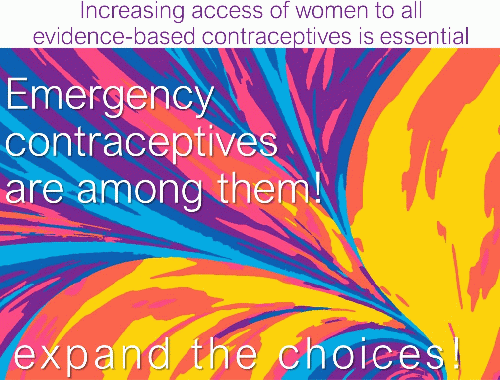
Emergency contraceptives are among evidence-based contraceptive choices for women and girls, but these are only for emergency situations
(Image by CNS) Details DMCA
Many women and girls around the world have experienced contraception failure, missed taking oral contraceptive pills, or been forced to have sex against their will. For these women, emergency contraception is a safe and effective method that reduces the risk of pregnancy. Expanding the range of choices for girls and women to prevent unintended pregnancies, depending upon their specific realities and unique contexts, is critical if we are deliver on sexual and reproductive health related goals and targets.
However, many women remain unaware of emergency contraception, and in many countries in Asia and the Pacific region access to it is still limited and it largely remains a neglected contraception method, said Prof Angela Dawson, Professor of Public Health at the Australian Centre for Public and Population Health Research, while launching the Asia Pacific Consortium for Emergency Contraception (APCEC) at the ongoing 10th Asia Pacific Conference on Reproductive and Sexual Health and Rights (APCRSHR10) Virtual.
what is emergency contraception?
Emergency contraception is an effective reproductive health intervention, which could protect millions of women from unintended pregnancy. It is a group of contraception methods that can be used to prevent up to over 95% of unintended pregnancies, when taken within 5 days after sexual intercourse. But they are more effective the sooner they are used.
Emergency contraception can be used in a number of situations- like unprotected intercourse, concerns about possible contraceptive failure, incorrect/ improper use of contraceptives, and in cases of sexual assault when a woman has not been protected by any effective contraception. It offers a woman the last chance to prevent an unintended pregnancy.
what are the emergency contraception methods?
Methods of emergency contraception are the copper-bearing intrauterine devices (IUDs) and the emergency contraceptive pills. Levonorgestrel pill is the most commonly used emergency contraceptive pill and is effective if taken within 72 hours after unprotected sex. A combined oral contraceptive pill regime consisting of ethinyl estradiol plus levonorgestrel is also used. However, a copper-bearing IUD should not be inserted for emergency contraception following sexual assault as the woman may be at high risk of a sexually transmitted infection such as chlamydia and gonorrhoea, warns Prof Dawson. It is only after treatment for sexual assault, and only if the woman wishes to, can a copper IUD be inserted for long acting reversible contraception.
what is the mode of action of emergency contraceptives?
(Note: You can view every article as one long page if you sign up as an Advocate Member, or higher).





